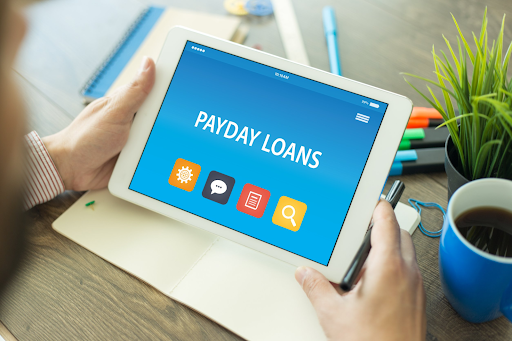If you are financially literate this means that you understand money and how to manage it. You understand all of the ins and outs of paying bills, saving money, borrowing money, investing and planning for your retirement. Financial knowledge is not something that is taught in schools and a person has to learn through trial and error how to manage money. In many cases a person may make huge mistakes that impact his credit worthiness down the line. In these situations the individual may only qualify for loans versus traditional banking loans.
There are many people, in fact, that never learn the skills of money management throughout their entire lives. Money is constantly going out and coming in with fees and charges to be paid. It can be difficult to handle the responsibility of making decisions regarding investments, major purchases, etc. It can be even harder to understand that sometimes immediate wants and needs must be sacrificed in order to see long-term gains.
Budgeting Is a Must
When you prepare a budget and you are willing to stick to it, you’re protecting your money and focusing on both short-term and long-term goals. You save up for purchases and only make them when you feel that they are worthwhile. Spending is done wisely and not haphazardly so that enough money can be saved to prepare for immediate emergencies and retirement.
A personal plan for finances should have budgeting as a top priority. When you prepare a budget you will analyze your income and expenses in order to change the way you are spending money. This puts you in control of your finances instead of being controlled by them. A good budget plan would include the following:
- Handling existing debt
- Lowering monthly bills
- Following a spending plan
- Saving money
The first thing to do when preparing a budget is to track how much you’re spending every month. This includes even the smallest purchases such as lottery tickets, coffees and much more. You’ll then need to identify variable and fixed expenses and add them up. You’ll probably notice that you are overspending on variable expenses and this is usually the first place you’ll need to start making cuts.
You should keep saving as a top priority of the budget and make sure that a portion of each pay is put into your savings account. This should never be left for last since you may find that you don’t have enough money left to save. Start your budget by determining an amount that you can save every month and then lower this amount if necessary later.
Bank Accounts and Cheque Cashing
Developing a financial plan and stability begins with opening up a bank account. Most companies are paying through a direct deposit system these days so it’s good to have a savings account set up to accept your money. This also keeps your cash safe and secure. The vast majority of people nowadays don’t really need a checking account since most don’t get paid by cheque any longer. If you do receive one, your best bet is to visit a cheque cashing in our Toronto store and pay the small fee to get it cashed.
The savings account will allow you to get a debit card so that you can have a transaction record of where your money is spent. This will help you when you are working on your budget each month. You’ll also be able to set up monthly bill automatic payments to keep your life simplified.
At the bank, you may also want to open up various savings accounts where you can save up for unexpected emergencies and larger purchases. This allows you to keep your money separated so that you can stay on track with your savings for each individual item.
Read through the terms and conditions carefully for any type of bank account you plan on setting up. If you are considering a checking account, find out how much you’ll have to pay monthly. At most traditional banking institutions in the GTA you’ll have to pay a monthly fee to use their cheque cashing services in Toronto.
Avoid Using Credit Cards – Use Payday Loans Instead
Many people that have credit cards end up abusing them and owing more money than what they can safely afford. While it’s easy to say that you won’t use a credit card and will only keep it for emergency purchases, the temptation is always there to pull it out to buy something you want.
You really don’t need to get a credit card if you have money put away for emergency situations. As well, if you don’t have enough available money saved you can use payday loans to help you get through the crisis. Since a payday loan is not a long-term loan and must be paid back when you receive your next paycheck, it won’t cause long-term damage to your budget.
Financial literacy is a never-ending education. You can never be too old to learn more about money and should always try to handle your finances better. If you find that you have accumulated too much debt it may be time to get a second job to clear it up so that you can finally put it behind you. If you haven’t amassed a debt yet, payday loans can help you stay out of long-term debt by offering you a short-term loan that needs to be paid back quickly.
Budgeting is an important part of financial success. It will show you what direction you need to take in order to gain control over your finances once again. Budgeting is not a punishment but is rather a roadmap that you can formulate in order to reach your goals.
Get more financial tips and learn more about payday loans and cheque cashing services on our website now at moneydirectstore.ca. We offer a number of financial products that you may find helpful to stay on top of your financial situation.



